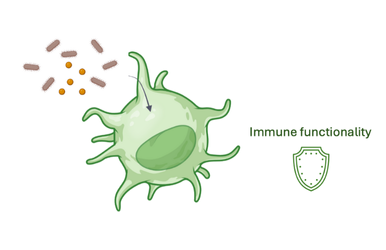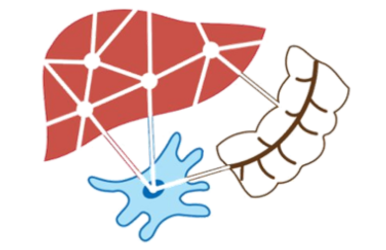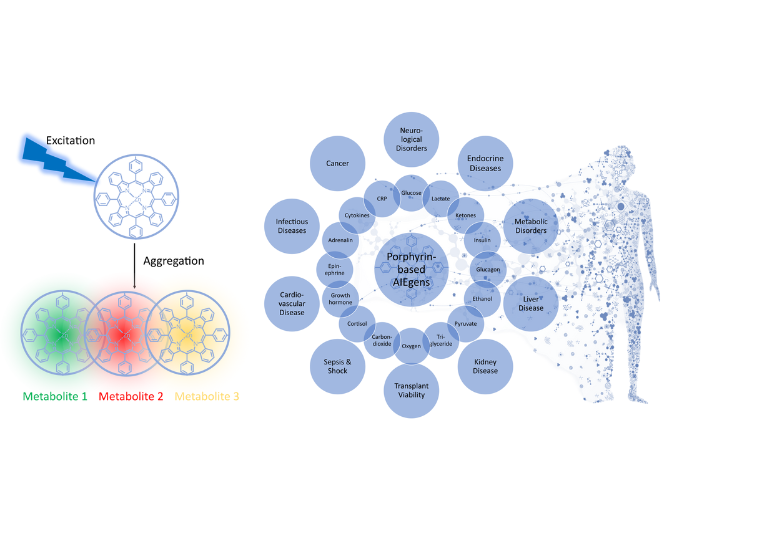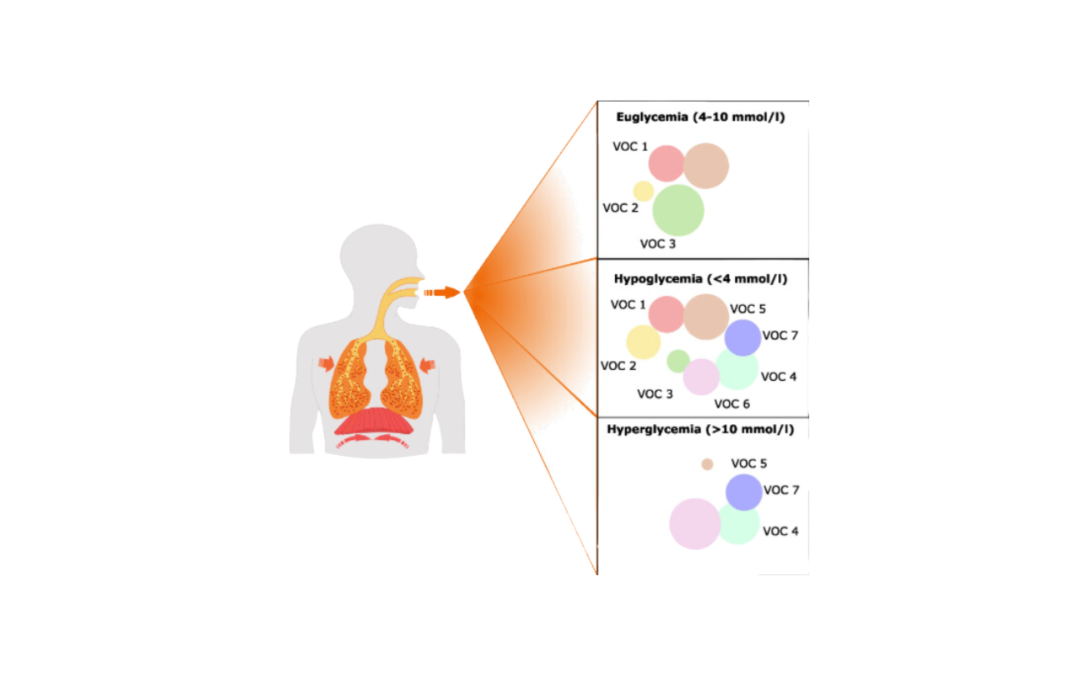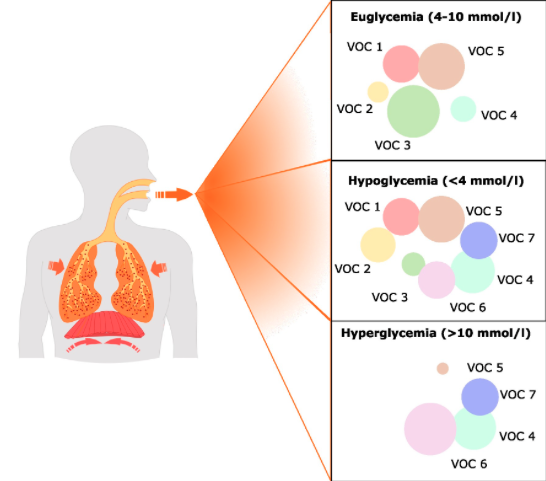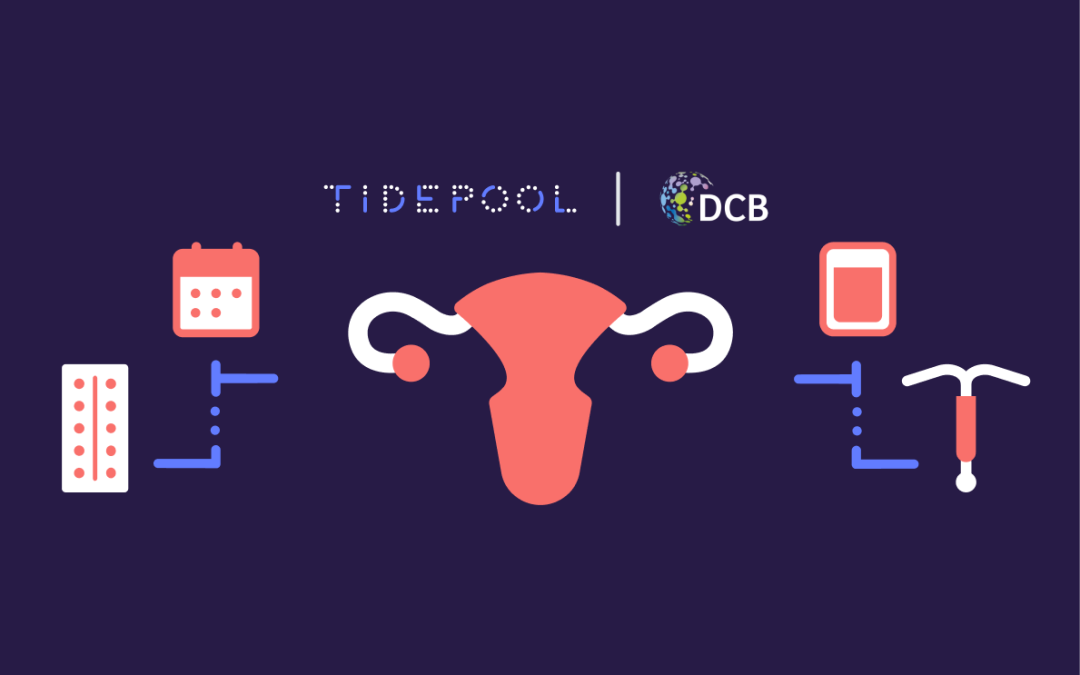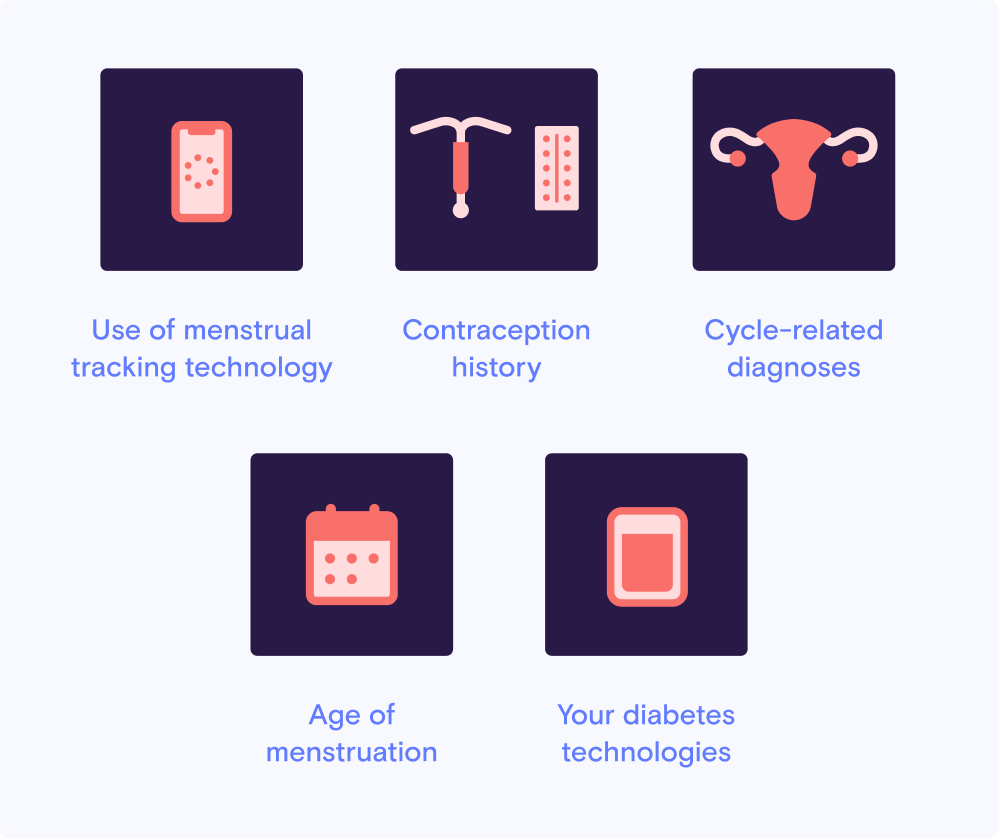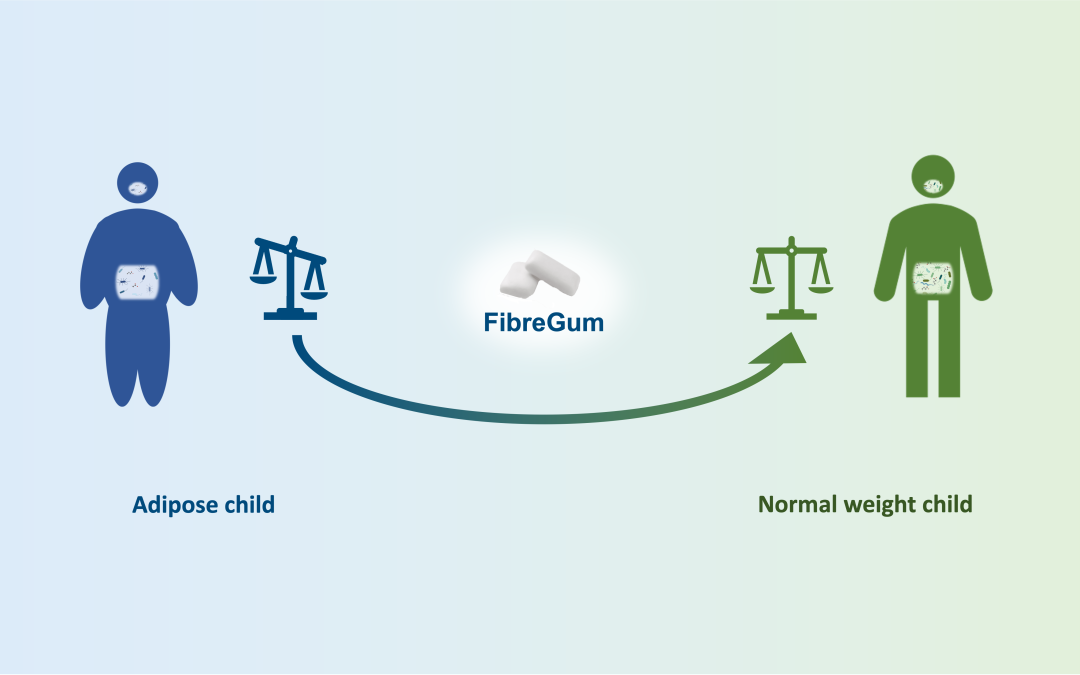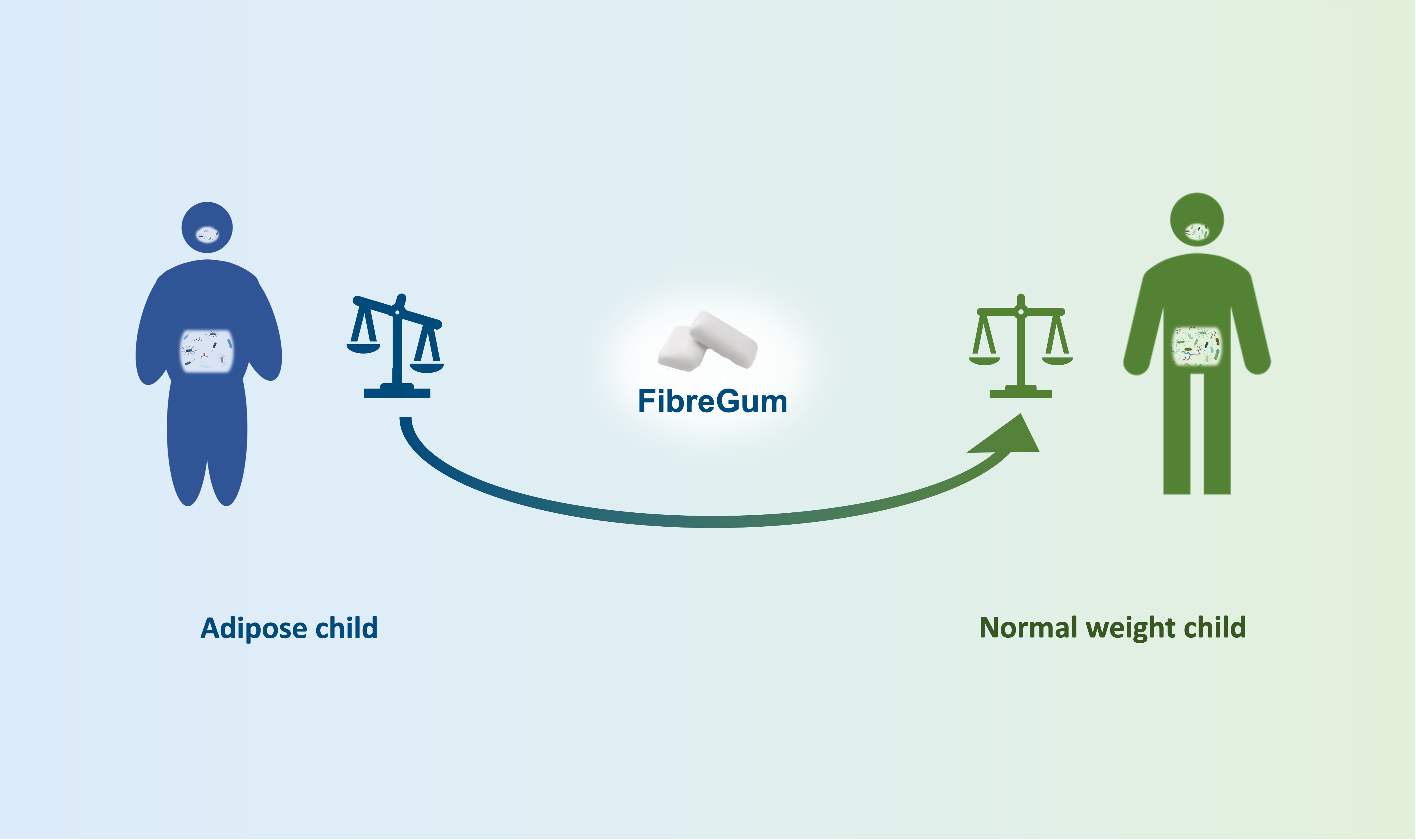Exploring microbial metabolites and immune activationUnveiling the role of bacterial metabolites in dendritic cell...

The Moonwalk Project
The Moonwalk Project
Investigating the relationship between glucose values and motion patterns during sleep
Glucose Levels and Sleep Patterns
People with diabetes need to carefully control their blood sugar levels to avoid short and long-term health complications. This can be done using insulin injections, but it also increases the risk of low blood sugar, called hypoglycaemia. Hypoglycaemia often occurs at night and can lead to serious problems such as falls and heart problems. It can also reduce quality of life and cause symptoms like shaking, abnormal breathing, and abnormal movements. Managing diabetes can be especially difficult for elderly people in long-term care due to other health conditions and changes in care providers. The Moonwalk project aims to investigate the possible association between glucose levels and motion patterns during sleep in people with diabetes. To achieve this, a QUMEA radar sensor is mounted on the ceiling to track motion during sleep, and wrist-worn smartwatches are used to collect data on physiological symptoms. Over the course of 10 days, data will be collected from 40 patients. After the end of the study, algorithms will be developed to build a warning system for nocturnal hypoglycaemia.
Project team: Prof. Lilian Witthauer, Prof. Markus Laimer, QUMEA AG
Funding: Diabetes Center Berne Foundation, Innosuisse Innovation Cheque, Von-Tobel Foundation

More recent projects
Bacterial metabolites modulating Immune Function
Wound Infection Project
Understanding immune dysregulation in obesity and diabetesObesity and diabetes, which are both rapidly increasing in...
The Moonwalk Project
Investigating the relationship between glucose values and motion patterns during sleepGlucose Levels and Sleep...


DCB Research AG
Freiburgstrasse 3
3010 Bern
Switzerland
